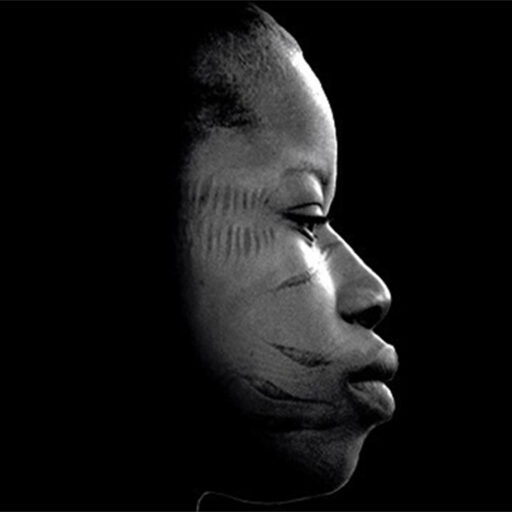Actor and activist Danny Glover called on international leaders to “apologize” for the enslavement of African-Americans in the past through reparations for descendants.
Por NICHOLAS BALLASY , do PJ Media
“I call upon you today as policy representatives and socially conscious citizens, public servants of our countries guided by personal ethics, religions, faith and/or official oath of office to avow a commitment to democracy, justice, equality and human rights. The call today for reparatory justice for Afro-descendants is an imperative for expanded democracy and spiritual and material well-being. It is a test case for human decency that conforms to the accepted standards of morality,” Glover said in a speech before the Permanent Council of the Organization of American States (OAS) on “Reparations for Slavery and the Genocide of Native Peoples.”
“The negative consequences of inattention or of insufficient attention to the legitimate demands of Afro-descendants in all of our societies for official national apologies for recognition of enslavement of Africans as a historical significant crime against humanity requires emotional, psychologist and material repair and reflection,” he added.
Glover told the council about his personal connection to the issue of reparatory justice, saying he was educated by “less fortunate” descendants about slavery and that he is “happily married to an Afro-Brazilian woman.”
“You might reasonably inquire why I, Danny Glover, well-known citizen artist of the United States, have come to speak to the OAS,” he said. “I am one of the not-so-many Afro-descendants who have been relatively successful out of the roughly 200 million African descendants in our American hemisphere.”
Glover added that “it is true that some Afro-descendants have, like me, been relatively successful against great historical odds and contemporary challenges and structural racism, which casts a long shadow across class lines and individual achievements of many people of African descent.”
He argued that Afro-descendants are most affected by racism, which requires “special policy attention” and dedicated “human and budget resources” to address.
“Most importantly, the pernicious racism and discrimination in our societies against Afro-descendants and indigenous people and the communities require leadership to productive guidance of our societies toward acknowledging and apologizing for the past,” Glover said.
“Apologizing for slavery is an act of honesty, courage and contrition that can and will strengthen us as citizens to draw upon the virtues our nations have relied upon to make significant and at times great contributions to humanity.”




